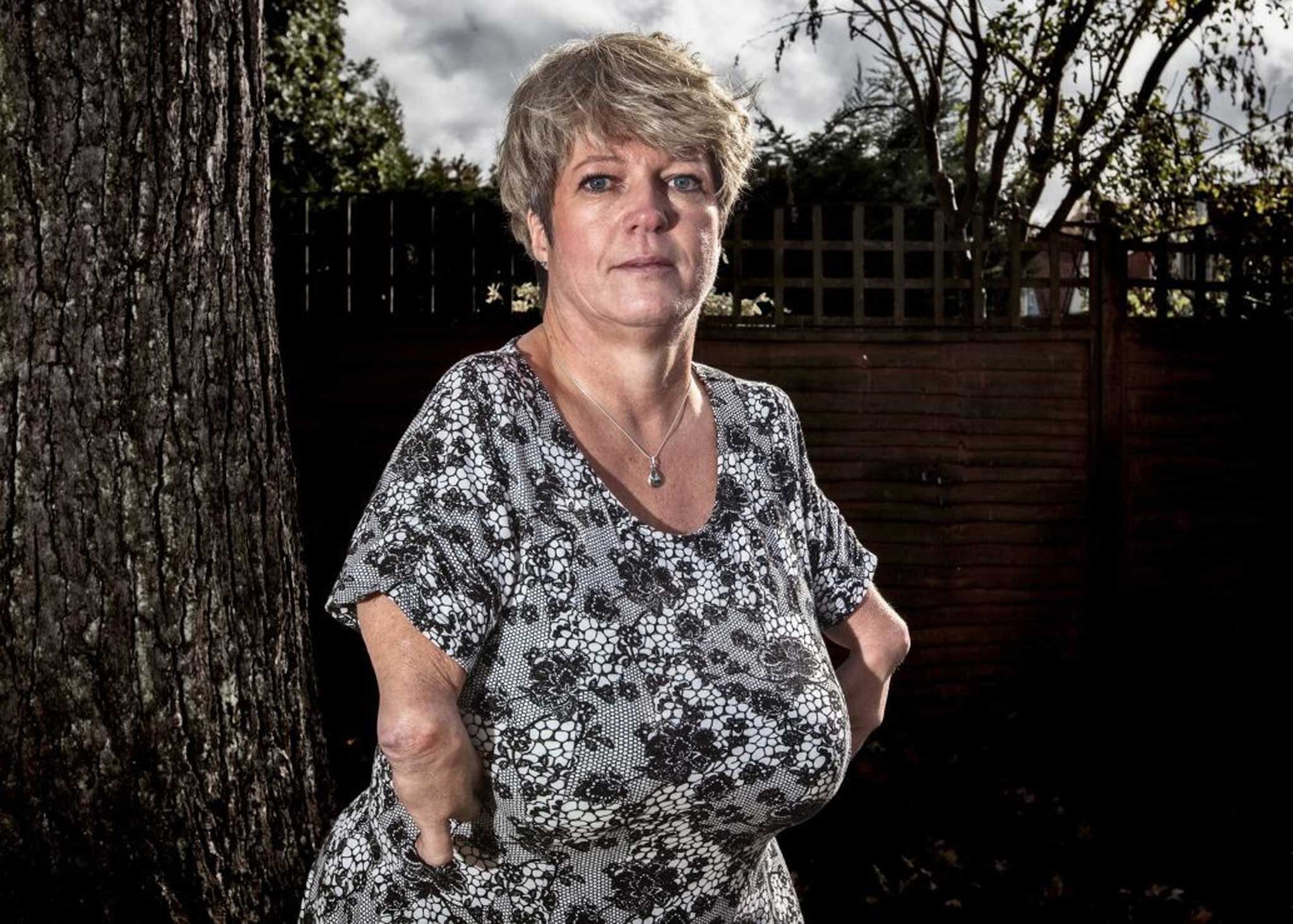Thalidomide: the Fifty Year Fight, TV review: The powerful story of the man who helped victims live with dignity

Your support helps us to tell the story
From reproductive rights to climate change to Big Tech, The Independent is on the ground when the story is developing. Whether it's investigating the financials of Elon Musk's pro-Trump PAC or producing our latest documentary, 'The A Word', which shines a light on the American women fighting for reproductive rights, we know how important it is to parse out the facts from the messaging.
At such a critical moment in US history, we need reporters on the ground. Your donation allows us to keep sending journalists to speak to both sides of the story.
The Independent is trusted by Americans across the entire political spectrum. And unlike many other quality news outlets, we choose not to lock Americans out of our reporting and analysis with paywalls. We believe quality journalism should be available to everyone, paid for by those who can afford it.
Your support makes all the difference.There are many stories you could tell about thalidomide, the morning sickness drug. You could tell of the severely disabled children born between 1959 and 1962 and raised, often, in institutions, or the distraught mothers who, in three known cases, committed suicide.
You could tell of how journalists found a way around sub judice laws, or how Jack Ashley MP took the cause on as his own. Thalidomide: the Fifty Year Fight (BBC2) touched on all these, but was primarily the story of David Mason, the father who drove the fight for compensation from thalidomide's UK distributor, Distillers.
Mason proved to be an unusually resolute man, a quality which is all the more unusual because in the immediate wake of the crisis, so many were paralysed with horror. When deformed babies started being born even trained medical staff panicked. Some infants were "euthanised" by suffocation or left alone in a cold room. One interviewee also cited a few cases where nurses, unable to confront the mother, simply wrapped the baby tightly in swaddling, and left her to make the discovery at home.
It was also the panic of the parents, said Mason, which Distillers was exploiting with its first derisory offer of compensation. Fortunately, and thanks in large part to Mason, the battle didn't end there and it hasn't ended yet. The next goal is to convince, Grünenthal, the German inventors of the drug, to provide the financial support necessary for British thalidomide victims to live with dignity as they enter their old age. As campaigner Nick Dobrik said, it's the least they can do.
Join our commenting forum
Join thought-provoking conversations, follow other Independent readers and see their replies
Comments